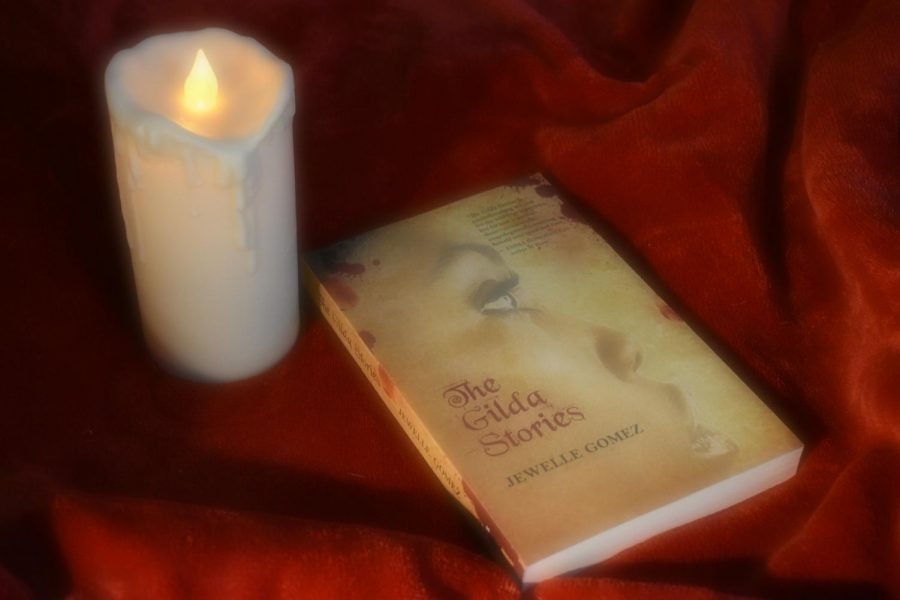The perfect vampire novel for Halloween, and no, it’s not ‘Twilight!’
October 5, 2020
Looking for a Halloween book recommendation, but interested in one with a political twist? I recommend The Gilda Stories by Jewelle Gomez.
The Gilda Stories, tells the story of a girl also known as “The Girl,” a runaway slave who comes across Gilda, who she later learns is a blood-sucking vampire. Don’t worry, she’s not a “bad” vampire.
However, The Girl eventually turns into the blood-sucking creature, is renamed “Gilda,” and learns that one doesn’t kill to take blood, but rather offer something in return such as dreams, goals, and a positive mindset.
How does this book differ from other vampire novels? “The Gilda Stories possesses a social and political relevance that a lot of genre fiction doesn’t,” says Dr. Jennifer Ryan-Bryant, an English professor at Buffalo State College.
The genre of horror, however, according to Ryan-Bryant, is taking on a new social consciousness which can be observed in films directed by Jordan Peele such as Get Out and Us, as well as the new Candyman, written by Peele, and Antebellum.
This novel is unique in that it combines aspects of traditional vampire mythologies along with Gilda’s “awareness of the major social issues and historical conditions that affect her experiences throughout a 200-year period.”
What makes this book so appealing is that all of the eight chapters represent a different time period and place, so the reader gets the best experience of eight worlds!
It begins in the deep south in Louisiana 1850 and ends in 2050 which includes some aspects of Afrofuturism.
This book was published in 1991, and the cool thing about it is that one of the chapters is set in this year, 2020!
“She escapes from the plantation on which she was enslaved in the first chapter of the book; she is taken in by a white woman and a Native woman, lovers and vampires, who are running a brothel and who give her the option of joining their life only after she has lived with them for years,” says Ryan-Bryant. “Thus her immortal existence starts from these strong positive models of choice, consent, and mutual respect.”
Throughout Gilda’s life, she comes across different marginalized groups such as women and, of course, vampires, and she positively impacts people’s lives through social justice.
“She also tries out a diverse range of jobs —maid, hair stylist, stage manager, singer, romance novelist— that expose her to many different communities of women and help her to understand the economic and social complications that they face at different moments in time,” explains Ryan-Bryant.
What I appreciate about this book is that Gomez gave a voice to marginalized groups. The fact that Gomez tied together feminism with vampires is absolute genius!
“I also think it’s incredibly important that Gilda is a queer woman of color,” says Ryan-Bryant. “I hope that readers gain new insight into the social relevance of genre fiction [and] that it can exercise an important political influence [such that] it offers us representations of diverse identities and lifestyles. These representations matter.”
Interested in reading more books written by queer women of color? Ryan-Bryant recommends the authors, Octavia Butler and Roxane Gay.




